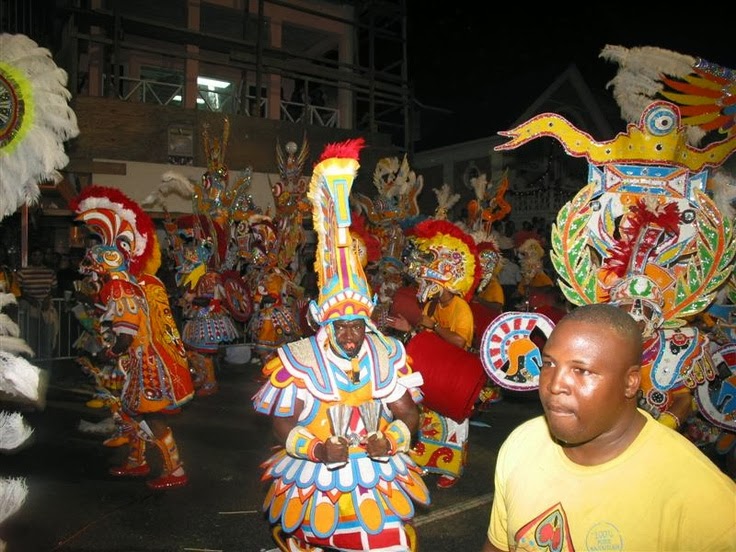DAY 13: Jaimaca’s Christmas traditions
December 13, 2017
Christmas is a very exciting and special event for people all around the world, in which many countries have kept their traditions heritage to pass it from one generation to the next.

Jamaicans celebrations are known for having a festive atmosphere that cannot be found anywhere else.
Although many UK Christmas traditions were passed to Jamaica, a lot of people have conserved the traditional way of celebrating Christmas. Towns and cities create a cheerful atmosphere by decorating the streets with brightly Christmas light. To create the best light display, many neighborhoods would compete against each other. ”Gran Market” (Christmas Eve) is one of the best days of the year for Jamaicans, especially children. From Christmas Eve morning to Christmas day, vendors will gather to sell their products around the country.Linstead, St Catherine gran market is known for being the best location to buy last minutes gifts. One of Gran market highlights is ”John Canoes” which is a traditional masquerade party, where people dress up in costumes and colorful masks while dancing to traditional Jamaican music. On Christmas day, breakfast is very important, it consists of ackee & saltfish, boiled banana, and fruit bread. A must in Jamaica’s Christmas is the dinner. A typical Christmas dinner consists of roast beef, traditionally eaten in the UK and a Jamaican style cake soaked in red wine and white rum. The meal includes curried goat, ham, roast chicken furnished with rice or gungo peas. To complete this flavorous feast, a sorrel drink topped with ice is served. The ingredients used to create this rich drink are cinnamon, ginger, sugar, dried sorrel, orange peel and of course rum. After having supper, most families will normally head to church to sing joyful carols and play reggae version of plenty great Christmas songs.
The fact of having so many diversity on the aspects of Christmas traditions is amazing because many countries have been colonized and have still conserved their origin traditions.
(Writer: Liliana Guzman Ortega// Editor: Lydie Mbayo and Annie Letourneau)

